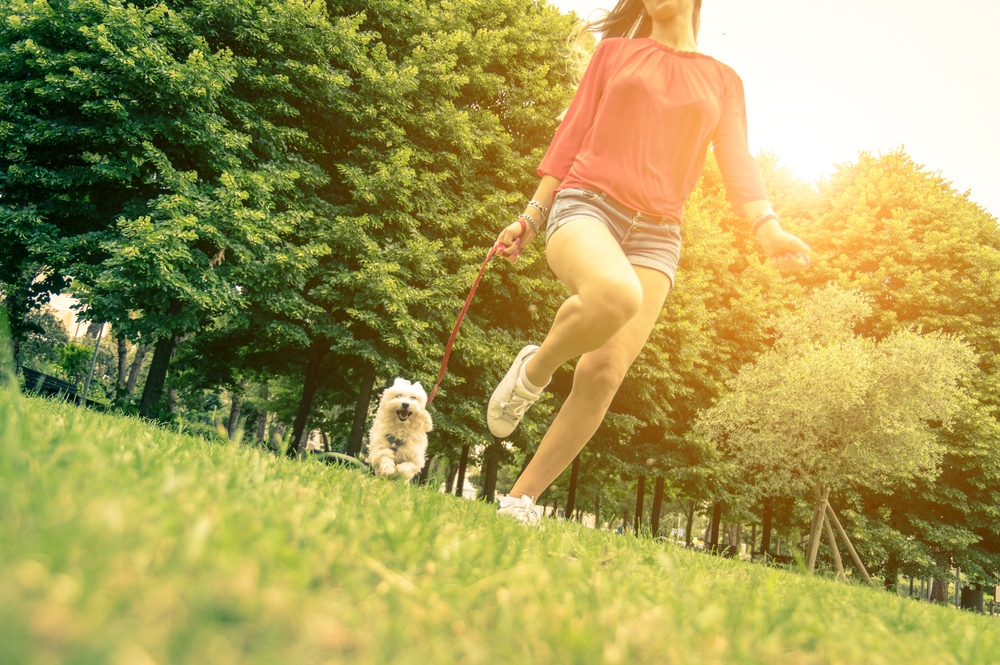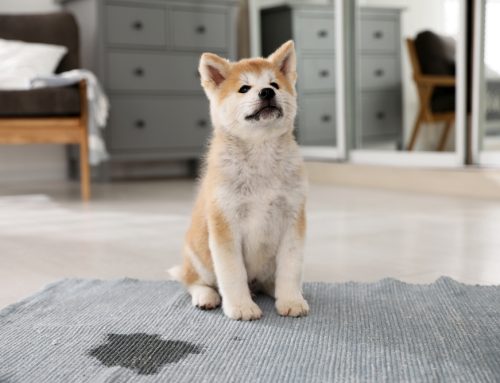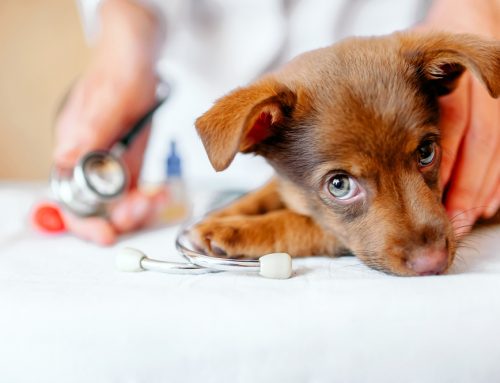Noise aversion (i.e., a fear of loud noises, such as fireworks or storms) affects approximately one third of pets. Since July Fourth is often accompanied by fireworks, these celebrations provoke anxiety in noise averse pets, and their loving owners. However, our Animal Clinic of Council Bluffs team has an arsenal of tools to help you and your pets enjoy, or at least tolerate, the upcoming fireworks.
Noise aversion in pets
First, you need to identify that your pet suffers from noise aversion, because you can’t manage a problem that you don’t know exists. Affected animals will exhibit some or all of the following behaviors during fireworks displays, or other loud noise times:
- Whining or barking
- Cowering or hiding
- Panting
- Seeming to be on high alert, or pacing
- Holding the ears back, and yawning or excessive lip licking
- Freezing in place
- Shaking
- Seeking more attention than normal from their owners, or following them closely
If this sounds like your pet, consult with our veterinary team about trying some of the following calming strategies.
- Create a safe haven for your pet — Move your pet to an interior room without windows, or to the basement, to muffle the booms, and block out the light flashes. If that is not possible, close the curtains, turn on bright lights to minimize the varied light levels from the fireworks, and turn on the TV, radio, or a sound machine to cover the noise. Ensure your pet’s haven is comfortable, with their bed or crate, blankets, and favorite toys, and get them used to spending time there prior to the fireworks.
- Distract your pet — If your pet is food-motivated, offer them a puzzle toy containing a high value food item, or a new chew toy, to distract their attention from the noise. If you are not attending the festivities, you can also distract them by offering yummy treats in exchange for their repertoire of tricks. Indoor games such as fetch, chase the laser pointer, or a tug-o-war may also help distract them, and they will use their nervous energy doing something productive.
- Ensure your presence calms your pet — It is tempting to coddle or soothe your agitated pet, but this may increase their anxiety. Continuously petting them and saying that everything is OK draws more attention to the situation, and conveys that things are not, in fact, OK. Pets may mirror their owners’ emotions, so to help them feel calm and safe, carry on with your normal activities and interactions, and avoid becoming stressed or upset yourself, despite your anxious pet. If your pet has an accident in the house, or destroys your property, do not punish them, as this will make them more nervous or fearful.
- Exercise your pet ahead of time — Take a long walk or run, or play a lively game of fetch in the yard with your dog, before the fireworks are expected to start. The mental and physical stimulation will tire them out, and reduce their stress and nervous energy. Follow our heat safety tips to ensure that your dog does not overheat or suffer paw pad burns when exercising, and keep them on a leash, or in a fenced area, to prevent them from running away if an unexpected firework startles them. Also, ensure your pet is microchipped and wearing an identification collar, to increase the odds of being reunited, should they panic, run away, and become lost.

- Consider medication for your pet — The phrase “Better living through chemistry” applies here, as some pets greatly benefit from a calming supplement or anxiety-reducing medication, in addition to environmental management strategies. Our Animal Clinic of Council Bluffs veterinary team can work with you to develop a safe, effective medication and/or supplement regimen for your pet. Remember to consult us ahead of the anxiety-producing event, because we may need several trial runs to refine the plan. Never use anxiety medications prescribed for another pet, or a person, as these can cause serious side effects.
Hopefully, these tools will make fireworks less fearsome and more fun for your furry friends. If you’d like more information on noise-aversion management, or anxiety-reducing medications or supplements, or your pet needs a microchip, contact us, and we will be happy to help. We wish you and your precious pets a happy, low-stress July Fourth.






Leave A Comment